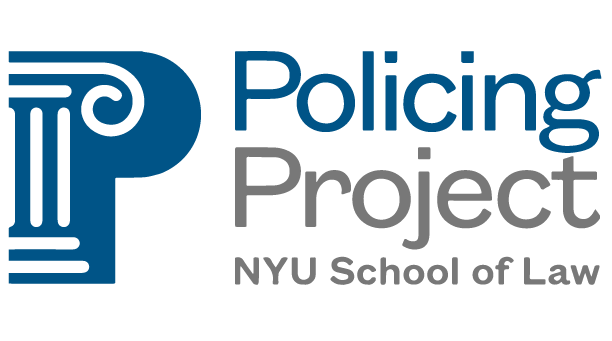Our Mission
We Partner With Communities And Police To Promote Public Safety Through Transparency, Equity, and Democratic Engagement.
The divide around policing seems, at times, unbridgeable. But here at the Policing Project, we are working across a host of issues—from use of force and racial profiling, to facial recognition, to reimagining public safety—in close collaboration with stakeholders who typically find themselves at odds. We bring a new approach to these fraught areas, one grounded in democratic values that strives for transparency, racial justice, and equitable treatment for all.
Our work is focused on policing accountability, but also on shifting the conversation surrounding “accountability.” Often, when people talk about a lack of accountability in policing, they mean that when an officer harms someone, or surveillance techniques are deployed inappropriately, no one is held responsible—officers rarely are disciplined or prosecuted, courts admit evidence the police have seized illegally, and civil lawsuits are not successful.
This is back-end accountability—it kicks in only after something has gone wrong, or is perceived to have gone wrong. Back-end accountability is very important, but because it can only target misconduct, there is a limit to what it can accomplish to guide policing before it goes awry.
Instead, our work focuses on ensuring accountability and democratic participation on the front end. Front-end, or democratic, accountability means the public has a voice in setting transparent, ethical, and effective policing policies and practices before the police or government act. The goal is to achieve public safety in a manner that is equitable, non-discriminatory, and respectful of public values.
This is how we think of accountability in most of government, but is too rarely seen in policing. We are working to change that.
